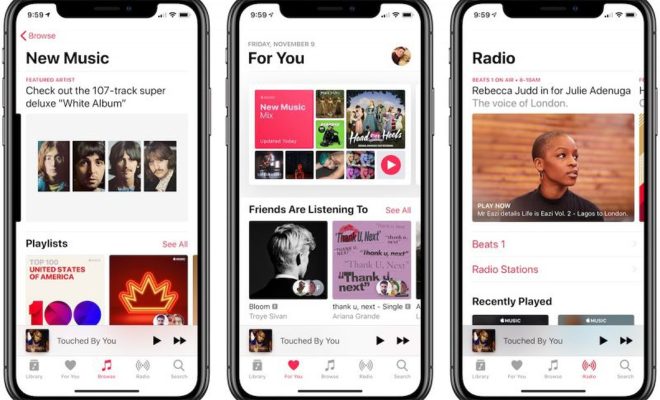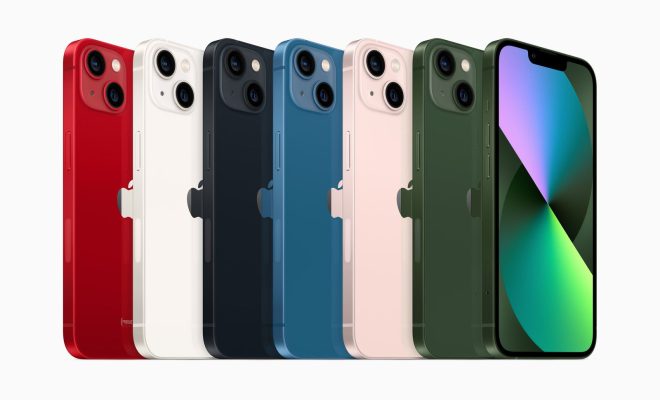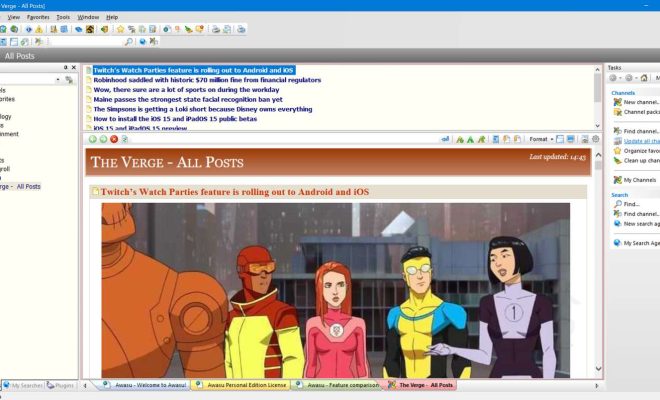What Is a Codec and Why Do I Need It?

As we continue to advance in technology, the media we consume is becoming increasingly complex. We now have the ability to watch high-definition video, listen to high-quality audio, and play immersive video games. However, with these advancements come challenges in terms of how we store and transmit this content. This is where codecs come in.
A codec is short for “coder-decoder.” As the name suggests, it is a program (or algorithm) that encodes and decodes data into a specific format. In simpler terms, a codec is a software tool that takes digital information (such as video or audio) and compresses it into a smaller size for storage or transmission. It then decodes the compressed file back into its original format when it is played or accessed.
Codec technology has become essential in the world of digital media. Without it, video and audio files would be too large to manage or too slow to transmit across networks. For example, a high-quality video file that has not been compressed could be multiple gigabytes in size. However, using a codec can reduce its size to a few hundred megabytes, making it easier to store, send or upload to a streaming platform.
Apart from file size, codecs also impact the quality of the media itself. With more advanced codecs, we can achieve higher fidelity in the audio and video being transmitted. This is because codecs have the ability to remove irrelevant or redundant data from the digital media, leaving only the essential information needed to recreate the original content.
Different codecs have been developed for different types of media. For example, video codecs include H.264, HEVC, and VP9, while audio codecs include MP3, AAC, and Ogg Vorbis. Some codecs are standardized across the industry, while others are proprietary and operated by specific companies.
Of course, with codecs being so crucial to our digital media experience, it’s essential to have the right tools to access and utilize them. Some commonly used media playback software like VLC or Windows Media Player can handle a wide range of codecs across different platforms. However, others will require specialized software to function correctly.
In conclusion, codecs are an essential component of digital media. They impact the size and quality of the content we access, making it easier to store and transmit. As technology continues to evolve, so will codecs, and it is essential to stay up-to-date with the latest advancements if we want to continue accessing high-quality media.






